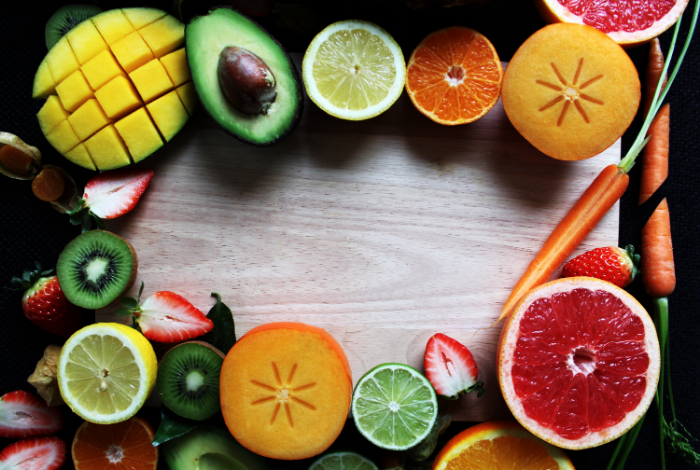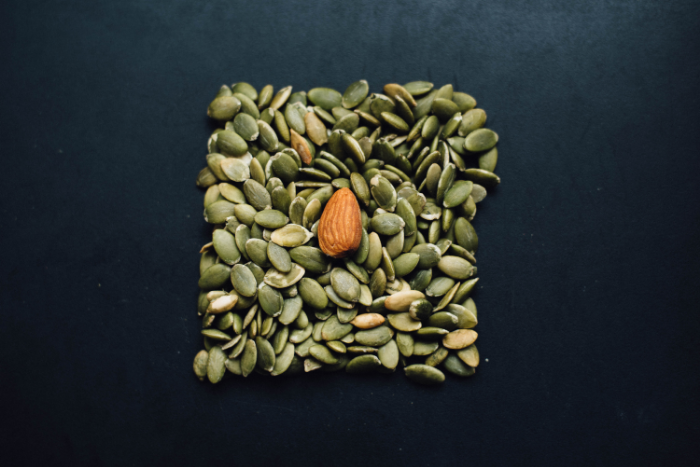A study looking into the eating behaviours of UK students show that ‘the majority of participants met dietary recommendations for fat, added sugar and fast food intake, whereas all or almost all of participants failed to meet dietary recommendations for calcium, fibre, fruit and vegetable and dairy product intake’ (Cooke & Papadaki, 2014, p. 300). Evidently, many students struggle to eat well and therefore lack the ability to gain all of the benefits of eating healthier or eating a more balanced diet. Eating well is known to make you happier and healthier. Feed your body how it was designed to eat and prosperity is much more likely.
Brainfood
Eating well or more balanced can affect your mood just as your mood can make you want to eat a whole pack of chocolate digestives (Herman & Polivy, 2005, p. 543). This goes the same for your brain (Gómez-Pinilla, 2008, p. 576) and the better you eat the better cognitive performance you will have (even more so when combined with exercise and a good sleeping pattern). The top 10 foods to boost your brain power include whole grains, oily fish, blueberries and pumpkin seeds meaning that there is a variety to choose from depending on your personal tastes and allergies.
Mindful Eating
Mindful eating is also a great thing to consider when fueling your body for a long study session or revision for an exam. Being mindful with food enables a more positive relationship with consumption (Donatoni et al., 2014, P. 111) to develop and gives you more of an opportunity to savor what you’re eating. Mindful eating helps you choose healthier options for your brain and body more naturally and focuses on listening to your body’s needs.
Food-powered Brainpower
Starting your day off right can also be a big help in the library long haul. Five breakfasts for brain power include the ingredient eggs, which is a cheaper and healthy breakfast alternative to leftover pizza. It is also a super easy brain food to cook and can be varied to your tastes to make meals like omelets and scrambled egg with avocado or smoked salmon on toast. If eggs aren’t your thing, nuts and berries that can be incorporated into yummy smoothies, waffles and pancakes for a well deserved morning brain boost. When training for a marathon, you need to fuel your body with the right foods in the lead up to the event so that you can achieve your desired goals. In the same way, feeding the brain the right foods before an exam or deadline can be helpful to your performance.
References
Cooke, R. & Papadaki, A. (2014). Nutrition label use mediates the positive relationship between nutrition knowledge and attitudes towards healthy eating with dietary quality among university students in the UK, Appetite, 83, 297–303.
Donatoni, L. & Jordan, C. H. & Meier, B. P. & Wang, W. (2014). Mindful eating: Trait and state mindfulness predict healthier eating behavior, Personality and Individual Differences, 68, 107–111.
Gómez-Pinilla, F. (2008). Brain foods: the effects of nutrients on brain function, Nature Reviews Neuroscience, 9, 568–578.
Herman, C. P. & Polivy, J. (2005). Mental Health and Eating Behaviours: A Bi-directional Relation, Canadian Journal of Public Health, 96(3), S43-S46.




Student Groups Team
Comments